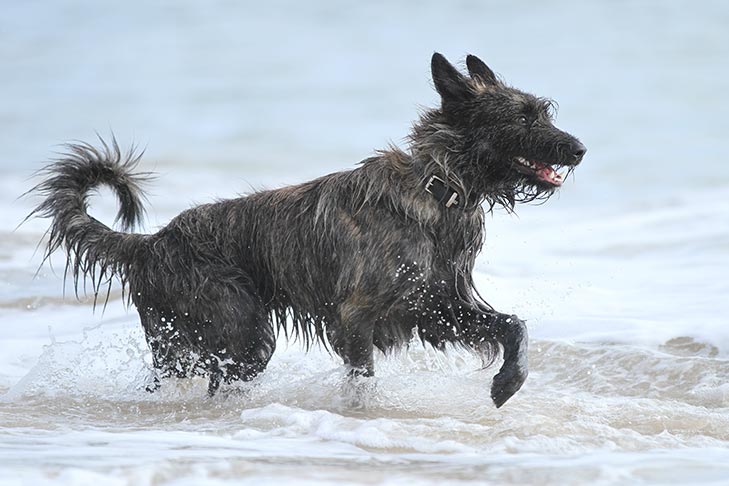As dogs become more than just pets and become an integral part of the family, questions like how much salt a dog can have and what salt does for dogs are becoming more and more prevalent. We have all the information you require, whether Fido sneaked a little too much people food or you’re worried about saltwater ingestion. Contents.
The key to a healthy pup when it comes to salt—or any nutrient, for that matter—is moderation. Dogs aren’t always the best at portion control, and even good things can be bad if there’s too much of them. So, is salt bad for dogs? Let’s look:
How Do Dogs Consume Too Much Salt?
But how does a dog ingest a large amount of salt, claims Dr. According to Klein, the following are the most typical causes of hypernatremia in dogs seen at veterinary hospitals:

Ingestion of sodium-containing enema solutions or excessive consumption of soy sauce or table salt can also cause salt poisoning in dogs. Additionally, although it used to be advised to give your dog salt to make them vomit, doing so now is not advised because it can result in salt toxicosis.
Hypernatremia is also tied with access to water. Dogs who are able to drink a lot and thus flush the salt from their systems can tolerate relatively high salt levels. However, the pet will be more at risk if fresh water is not available or if dogs cannot access their fresh water supply.
Salt: the good news
In order for a dog’s cells to function, they require salt, and a healthy amount is between 0 25g – 1. 5g per 100g of food. Salt doesn’t harm dogs at these concentrations and aids in the maintenance of cellular processes like fluid balance, acid-base balance, and nerve signal transmission.
Additionally, for the production of hydrochloric acid in the stomach, which aids in digestion, your dog needs the “chloride” in sodium chloride. So far, all good.
Is salt bad for dogs?
In its appropriate amounts, sodium, which is the main nutrient found in salt, is essential for a healthy mind and body. The canine dietitians at Iams note that this element helps nerve and muscle function as well as keeping cells in the body from retaining too much or too little water. Sodium can be found in commercial dog foods (as salt) and people food, though many dogs also ingest some sodium from a trip to the ocean, too.
Although sodium is beneficial to the body, excessive amounts can be harmful. The consequences of saltwater poisoning are more likely to affect older dogs and dogs with health issues, particularly if they are dealing with kidney disease.
Salt poisoning is dangerous because there is no specific treatment for it. Veterinarians have many methods of rebalancing bodily fluids and preventing further problems, but there is no set-in-stone solution. The American Kennel Club (AKC) reports that, sadly, about half of veterinary patients with toxic levels of sodium in their blood do not survive, even with treatment.
FAQ
How much salt is safe for dogs?
The good news about salt is that dogs need it for proper cell function. A healthy amount is between 0 and 25g – 1. 5g per 100g of food. Salt doesn’t harm dogs at these concentrations and aids in the maintenance of cellular processes like fluid balance, acid-base balance, and nerve signal transmission.
What happens if my dog eats a little bit of salt?
In dogs and cats, signs of salt poisoning include vomiting, diarrhea, loss of appetite, lethargic behavior, sluggishness, and excessive thirst or urination. Tremors, seizures, coma, and even death could occur in extreme circumstances.
Should dogs have a little salt?
No, salt is not recommended for dogs. Dogs who consume too much salt may experience seizures, muscle tremors, vomiting, and diarrhea. Providing access to clean drinking water lowers the possibility of canine salt toxicity.